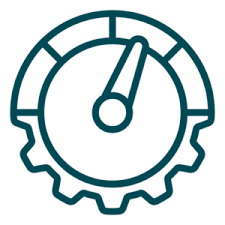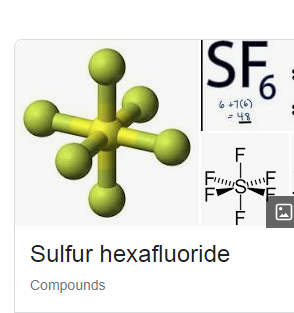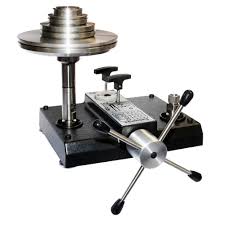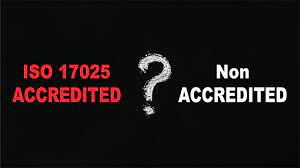Pressure and temperature gauges are crucial tools in the oil and gas industry, used for extracting, transporting, and refining natural raw materials. They are used in drilling, transportation, storage, refinery, and petrochemical industries. Standpipe pressure gauges are used for standpipes, choke manifolds, pump trucks, and mud pumps, while gas-filled thermometers are used in harsh offshore environments. Differential pressure gauges are used for monitoring levels and pressures within storage tanks, while pressure measuring instruments are used in refineries for processes like distillation, fractionation, hydrocracking, process treatment, biodiesel, and ethanol production. Euro Caltech offers a wide range of pressure gauges, including standard full SS, solid front full SS, phenol case, SS case brass, low pressure diphragm, electric contact standard full SS, differential pressure gauges, and piston operated differential pressure gauges.






















